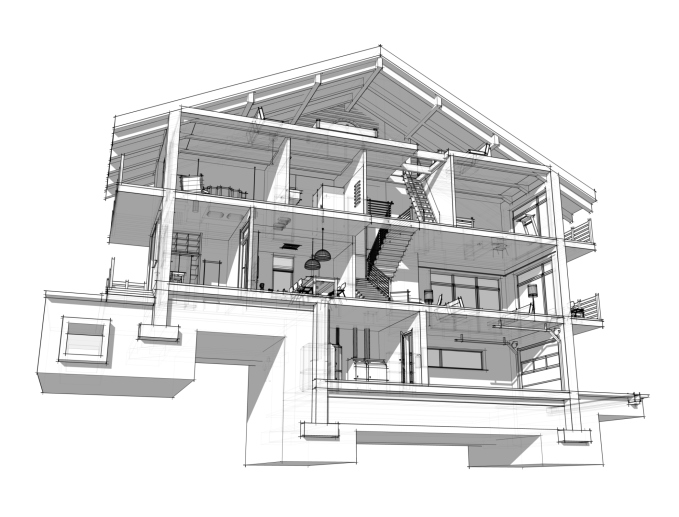5 Reasons Why Basements Can Be Uncomfortable
Basements are known to have particular problems: they are often found to be damp, humid, and even occasionally flooded. Once moisture has intruded, it can be difficult to treat the problem. Moreover, these conditions make basements vulnerable to mold. Even common solutions, such as using a dehumidifier, can increase foundation issues and prolong the problem or extend the damage.
There is no denying that a damp basement is a problem. Moisture intrusion makes it nearly impossible to adjust occupant comfortability, but it also can be harmful to a person’s health. So what exactly causes basement problems? Here are 5 reasons why basements can be uncomfortable.
- Inadequate grading
The ground and foundation are one of the most important factors to having a wet or dry basement. Many times, the ground around the foundation becomes level or slopes toward the house, which directs water directly towards the basement. Ideally, the grading should allow for some sloping away from the building, in order for water to settle away from the walls of the basement and foundation. If the building is located downhill, a swale should be redirecting water away from your foundation. In addition, the settling of backfill around the house without compacting the soil correctly also contributes to water collecting next to basement walls.
- Poor soil fill around the foundation
The subsoil around the foundation can also pose a threat to the conditions of the basement. Poor-draining soil–such as clay–around the house is another contributor to damp basements. Because it takes longer for soil to drain and dry, water can accumulate and seep into the basement.
In addition, fine-textured soil can cause swelling or expansion of the soil, which can cause cracks to the basement walls. The cracks therefore create larger foundation issues, and also let water into the basement.
- Direct exposure to rainwater
Basements can become extremely prone to dampness and flooding when water is not properly drained away from the foundation perimeter. Homes without downspouts allow for the rainwater coming off the roof to flow directly down to the basement, due to capillary suction through the concrete when the soil is saturated with a lot of water.
Saturated soil around the foundation perimeter can still occur if downspouts do not have extenders, and instead direct water towards the basement. Without the proper number of downspouts to redirect water in various locations, and without an extenders to redirect water away from the wall, the moisture will collect in the basement.
- Porous floor slabs
The permeability of the concrete floor slab of the basement plays a role in letting in water. By picking a higher quality floor slab with a low water/cement ratio, a longer curing time to reduce porosity and cracking, and adding a concrete sealer can help reduce moisture in the basement. Properly constructing floor and footing drains during the construction of the basement can also help reduce the effects of a porous floor slab.
- Ineffective or improper subsurface drainage systems
Many older basements aren’t built for comfort, which means that there might be no subsurface drainage system–such as a sump pit or drain pipe–at all. Or, these drainage systems are installed or maintained improperly, so instead of drawing water out, water collects or gets pushed into the basement.
Your basement could be uncomfortable due to the construction of the building, the overall design, and the landscape around it. However, you can turn your damp basement into a more comfortable space by addressing various components in the building design.
______________________________________________________________________________________________
Dörken delivers innovative, high-performance air and moisture barriers for commercial and residential construction sold under the DELTA® brand name. A North American manufacturer based out of Beamsville, Ontario, Dörken Products, Inc. is a subsidiary of Ewald Dörken AG, a leading European developer and manufacturer of waterproofing and drainage products sold worldwide. Dörken is known for delivering premium products while providing educational programs and full technical support.

